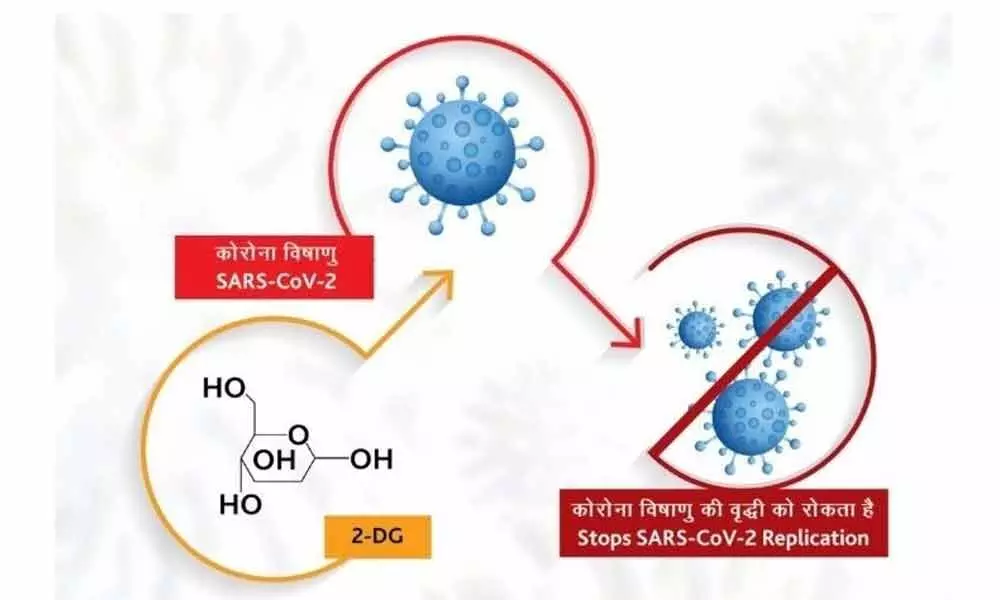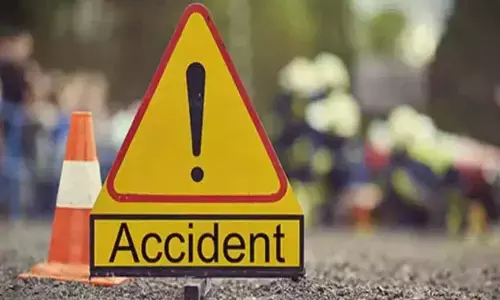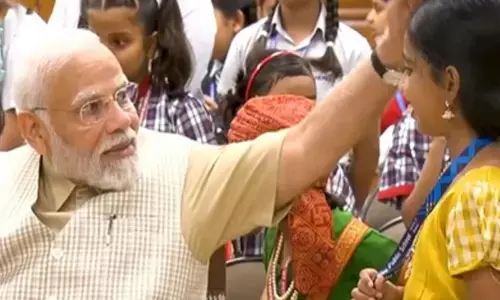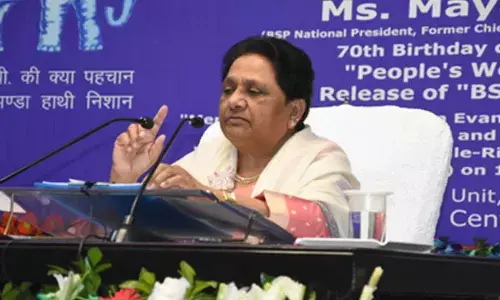DRDO in defence against Covid attack

DRDO in defence against Covid attack
- DCGI approves anti-Covid drug 2-DG
- Jointly developed by INMAS, Dr Reddy's
- 2-DG gives faster symptomatic cure
- Provides relief from oxygen therapy
Hyderabad: The Drug Controller General of India (DCGI) has approved an anti-Covid-19 therapeutic application of the drug 2-deoxy-D-Glucose (2-DG) developed by the Institute of Nuclear Medicine and Allied Sciences (INMAS), a Defence Research and Development Organisation (DRDO) lab, in collaboration with Dr Reddy's Laboratories (DRL), Hyderabad.
The drug has been cleared for emergency use at a time when the ongoing second Covid-19 wave, in which, a large number of patients are facing severe oxygen dependency and hospitalisation. The drug is expected to save precious lives due to the mechanism of operation of the drug in infected cells. This also reduces hospital stay of Covid-19 patients.
A Defence ministry statement on Saturday said the clinical trial results of the 2-DG have shown that this molecule helps in faster recovery of hospitalised patients and reduces supplemental oxygen dependence.
A higher proportion of patients treated with 2-DG showed RT-PCR negative conversion in Covid patients. The drug will be of immense benefit to the people suffering from Covid-19. Sharing the development on his Twitter handle, Union Minister of State for Home Affairs G Kishan Reddy expressed happiness, saying that pursuing Prime Minister Narendra Modi's call for preparedness against the pandemic, DRDO took the initiative in developing an anti-Covid therapeutic application of 2-DG.
The ministry said that in April 2020, during the first wave of the pandemic, INMAS-DRDO scientists conducted laboratory experiments with the help of the Centre for Cellular and Molecular Biology (CCMB), Hyderabad and found that this molecule works effectively against the SARS-CoV-2 virus and inhibits the viral growth.
Based on these results, the Drugs Controller General of India's (DCGI) Central Drugs Standard Control Organization (CDSCO) permitted a Phase-II clinical trial of 2-DG in Covid-19 patients in May 2020. The DRDO, along with its industry partner Dr Reddy's started the clinical trials to test the safety and efficacy of the drug in Covid-19 patients. In Phase-II trials (including dose-ranging) conducted from May to October 2020, the drug was found to be safe in Covid-19 patients and showed significant improvement in their recovery. Phase II-a was conducted in six hospitals and Phase II-b (doses ranging) clinical trial was conducted at 11 hospitals all over the country. Phase-II trials were conducted on 110 patients. In terms of efficacy trends, the patients treated with 2-DG showed faster symptomatic cure than Standard of Care (SoC) on various endpoints. A significantly favourable trend that two-and-half days difference was seen in terms of the median time to achieving normalisation of specific vital signs parameters when compared to SoC. Based on these successful results, the DCGI further permitted the Phase-III clinical trials in November 2020. The Phase-III clinical trials were conducted on 220 patients between December 2020 and March 2021 at 27 Covid hospitals in Delhi, Uttar Pradesh, West Bengal, Gujarat, Rajasthan, Maharashtra, Andhra Pradesh, Telangana, Karnataka and Tamil Nadu.
The detailed data of the phase-III clinical trials was presented to the DCGI. In the 2-DG arm, a significantly higher proportion of patients improved symptomatically and became free from supplemental oxygen dependence (42 per cent vs 31 per cent) by Day-3 in comparison to SoC, indicating an early relief from oxygen therapy/dependence, it said. A similar trend was observed in patients aged more than 65 years. On May 1, 2021, the DCGI granted permission for the Emergency Use of this drug as an adjunct therapy in moderate to severe Covid-19 patients. Being a generic molecule and analogue of glucose, it can be easily produced and made available in plenty in the country.

















